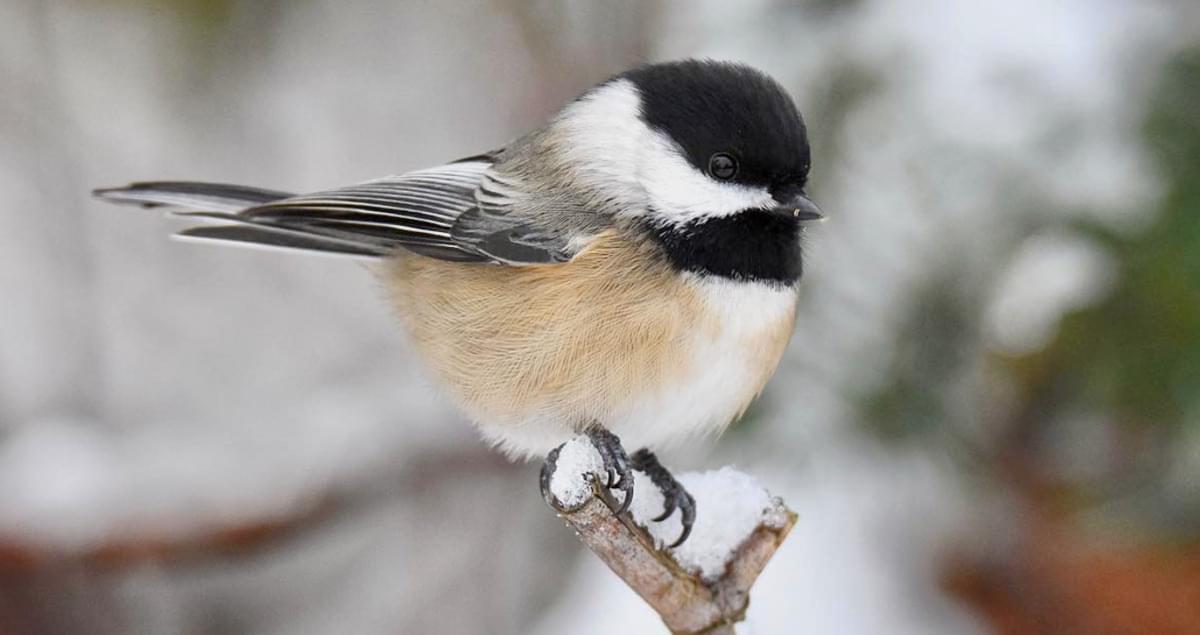- Letters: H/ACDEIK
- Words: 39
- Points: 164
- Pangrams: 1

|
The table provides clues for the roots of words in today's NY Times Spelling Bee. You're responsible for prefixes, suffixes,
tense changes, plurals, doubling consonants before suffixes, and alternate spellings of roots. An exception:
since Sam won't allow S, when the root contains an S, the clue may be for a plural or suffixed form. "Mice" for example.
If a clue isn't self-explanatory, try googling it.
The TL;DR about the site comes after the table.
Past clues are available here |
Today's puzzle
|  |
|
Table content
|
| answers covered | answer's first two letters | answer's length | clue for root (answer may need prefix, suffix, tense change, alt spelling, ...) |
|---|---|---|---|
| 2 | AC | 4,5 | Muscle, heart, tooth, or tummy dull pain |
| 1 | AC | 8 | LSD user, compound |
| 1 | AH | 5 | Further forward in space or time; in the lead (sports) |
| 2 | CA | 5,6 | Hidden stockpile, or computer temp memory storage to speed access |
| 1 | CH | 4 | Punched-out paper “hanging” from ballots |
| 1 | CH | 4 | Spiced Indian tea (… latte) |
| 2 | CH | 5,7 | Bank draft, noun; or verify, verb |
| 1 | CH | 5 | Side of your face, noun; or sass (British) |
| 1 | CH | 4 | Faddish “pet” mint plant |
| 1 | CH | 4 | Fashionable |
| 1 | CH | 5 | Girl, Spanish |
| 1 | CH | 6 | Pretentious style (or almost 2x fashionable) |
| 1 | CH | 5 | Young bird, or young ♀, slang |
| 1 | CH | 9 | North American bird with a distinctive black cap and throat, Parus atricapillus, pangram (W. C. Fields movie My Little …) |
| 2 | CH | 5,6 | Scold |
| 1 | DA | 5 | Russian country house |
| 2 | DE | 8,10 | Remove spent flowers from a plant, compound verb/noun |
| 1 | EA | 4 | Every one, pronoun; or apiece, adv. |
| 2 | HA | 4,6 | Cut with rough or heavy blows; use a computer to gain unauthorized access, verb/noun |
| 1 | HA | 4 | Maori ceremonial dance |
| 1 | HA | 4 | Large-headed elongated fish with long jaws and strong teeth |
| 2 | HE | 4,6 | Body part that holds your brain, eyes, ears, nose and mouth |
| 1 | HE | 8 | Discomfort in the noggin |
| 1 | HE | 4 | Mild cuss (“… of a job, Brownie!”), euphemism for Satan’s domain |
| 2 | HE | 4,6 | Pay attention to (you didn’t … my advice) |
| 1 | HI | 4 | Yokel, bumpkin |
| 1 | HI | 4 | Stay out of sight (play “… & seek”), verb; or animal skin, noun |
| 1 | HI | 4 | Go quickly (archaic) |
| 2 | HI | 4,5 | Go for a vigorous walk through the woods, verb/noun |
| 1 | KH | 5 | Strong yellowish-brown cotton fabric used in military clothing |
This site provides clues for a day's New York Times Spelling Bee puzzle. It follows in Kevin Davis' footsteps. The original set of 4,500 clues came from him, and they still make up about three quarters of the current clue set.
The "Bee Roots" approach is to provide explicit clues for root words, not every word. As logophiles, we are pretty good at putting on prefixes and suffixes, changing tense, and forming plurals (including Latin plurals!). The clues cover root words, arranged alphabetically by root word, with a count of words in the puzzle that come from each root. For example, if a puzzle includes ROAM and ROAMING, there will be a clue for ROAM and a count of 2. The root may not appear in the puzzle at all; for example, the 2021-07-23 Bee included ICED, DEICE, and DEICED. For such a puzzle, the clue would be for ICE with a word count of 3.
The Bee Roots approach involves judgement sometimes. For example, if a puzzle includes LOVE, LOVED, and LOVELY, how many roots are needed to cover them? LOVE and LOVED share the root LOVE, certainly, but LOVELY is tricky. LOVE is part of its etymology, but by now, the word means "exquisitely beautiful," which is a lot farther from the meaning of LOVE than swithcing to past tense. I'm inclined to treat LOVE and LOVELY as separate roots. You may not agree, which is fine. Another thing we logophiles share is a LOVE of arguing about words on Twitter.
A few words can have one meaning as a suffixed form and another as a stand-alone word. EVENING, for example. In those cases I will use the meaning that I think is more common.
One last complication, until another one pops up: a few roots have multiple spellings, for example LOLLYGAG and LALLYGAG. Depending on the day's letters, and maybe even the editor's whims, one or both could be in the puzzle's answer list. With such roots, you could see a word count of 2, even if there are no applicable prefixes or suffixes.
I will do my best to keep this site up to date and helpful (I hope). Check it out, and tweet feedback to @donswartwout Tweet to @donswartwout